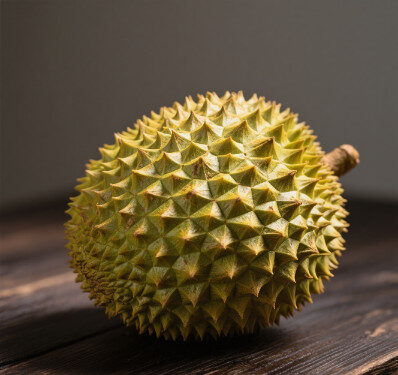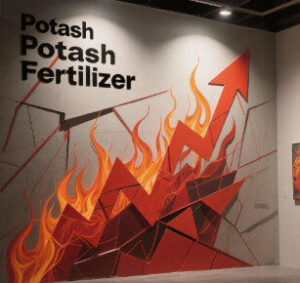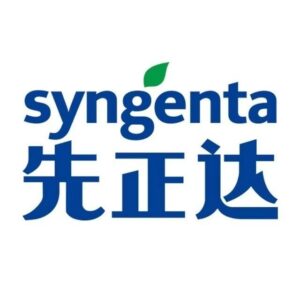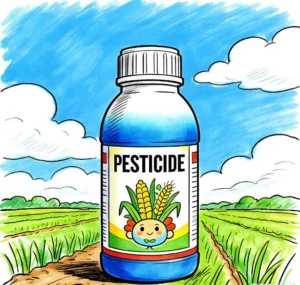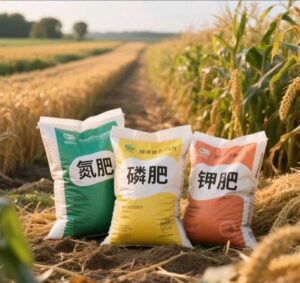Thai durian, the revered “King of Fruits,” has long captivated global palates with its rich flavors and unique aroma. However, the lucrative Thai durian industry faces a growing threat: counterfeit products masquerading as authentic Thai exports. Counterfeit durian, often lacking the prized quality of Thai varieties like Monthong and Chanee, is sourced from other regions and has eroded consumer trust, diminished premium pricing, and cost farmers billions in lost revenue annually. In response, Thailand has embarked on a pioneering digital transformation with the One Tambon One Digital (OTOD) Durian Project to safeguard the integrity of its iconic fruit and restore its global dominance.
The Urgency of Digitalization: Fighting a Counterfeit Crisis
Thailand is the world’s leading durian exporter, holding a 90% share of the global market in 2024. This makes the country a prime target for counterfeiters. Fake durian products labeled as “Thai” but originating from Vietnam, Malaysia, or other countries not only deceive consumers but also undermine the economic value of genuine Thai exports. Farmers suffer estimated annual losses ranging from THB 5 billion to THB 10 billion due to fraudulent labeling. Traditional paper-based certifications are vulnerable to forgery, and the lack of real-time tracking mechanisms allows supply chain fraud to flourish. These challenges demanded a radical solution: digital technology.
The OTOD Durian Project: A Technological Defense
Led by the Digital Economy Promotion Agency (DEPA) in Thailand, the OTOD Durian Project uses cutting-edge technology to create an unbreakable, end-to-end anti-counterfeit system. Core components include:
- Blockchain traceability: Each durian batch receives a unique digital ID that records immutable harvest and shipping data. Buyers can verify the journey of a fruit from farm to shelf. As of 2025, 100% of registered farms have achieved full traceability, a significant improvement from less than 30% prior to 2024.
- dSURE Certification: AI-powered grading aligns quality with Good Agricultural Practices (GAP) standards, ensuring consistency. This system has reduced quality-related rejections by 35%, boosting export acceptance rates.IoT Smart Irrigation: Sensors monitor soil moisture, enabling farmers to optimize water management through smartphone apps. Early adopters report water savings of up to 25%, reducing production costs.
- Carbon Footprint AI: The system tracks emissions from cultivation to export, supporting sustainability claims that are crucial for accessing eco-conscious markets, such as the EU. Carbon-neutral durian from OTOD-certified farms now commands a 20% premium in European markets.
Data-Driven Success: Fraud Reduction and Economic Revival
By 2025, OTOD had achieved quantifiable impacts across key metrics:
- Counterfeit incidents reduced by 40% (DEPA 2025 Report), saving farmers THB 3.2 billion in avoided losses.
- Economic gains: Participants saved THB 1.8 billion through streamlined processes, and certified durian increased in value by THB 12.8 billion through premium pricing.
- Project scalability: Over 10,000 farmers were onboarded to the digital platform, and 500 farms in Chanthaburi Province served as a flagship case study. Export prices for digitally certified durian increased by 15–20%, and “carbon-neutral durian” gained popularity among EU buyers, accounting for 25% of total OTOD exports.’
Key Lessons and Future Implications
Thailand’s OTOD Durian Project shows how digitization can combat fraud and increase profitability. Critical takeaways include:
- Real-Time Tracking Deters Fraud: Immutable digital records eliminate loopholes, reducing fraudulent labeling claims by 60%, according to a DEPA analysis.
- Incentives Drive Adoption: Subsidies covering 70% of the initial technology costs, coupled with premium pricing incentives, spurred farmer adoption. OTOD participants reported an average income growth of 18% in 2024.
- Sustainability Adds Value: Eco-friendly credentials appeal to Western markets. For example, carbon-neutral durian generated $1.5 million in incremental revenue in the first quarter of 2025 alone.
As DEPA expands OTOD across Thailand, the country aims to solidify its leadership in the global durian market. This project shows that modern agricultural competitiveness depends on more than just terroir; technological prowess is also crucial. By blending traditional cultivation excellence with digital innovation, Thailand is rewriting the rules for agri-food authenticity and economic resilience. The OTOD Durian Project may soon serve as a global blueprint for nations combating counterfeit threats to their agricultural exports. With projected cost savings of THB 17 billion by 2026 and a target of reducing counterfeits by 90% by 2028, Thailand is proving that digital defense is a winning strategy for farmers and consumers alike.


